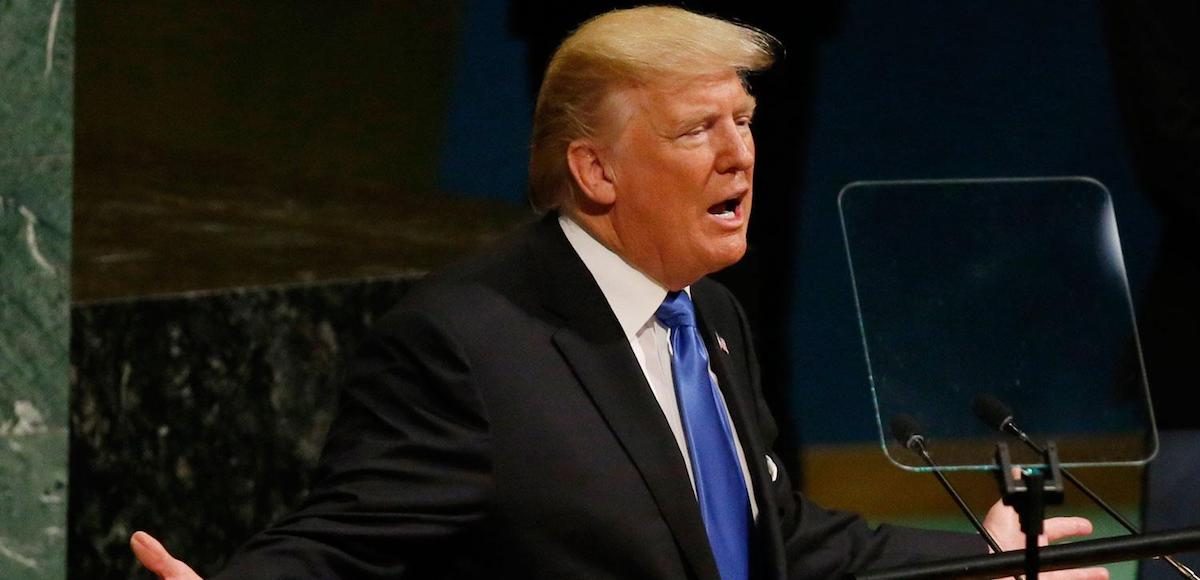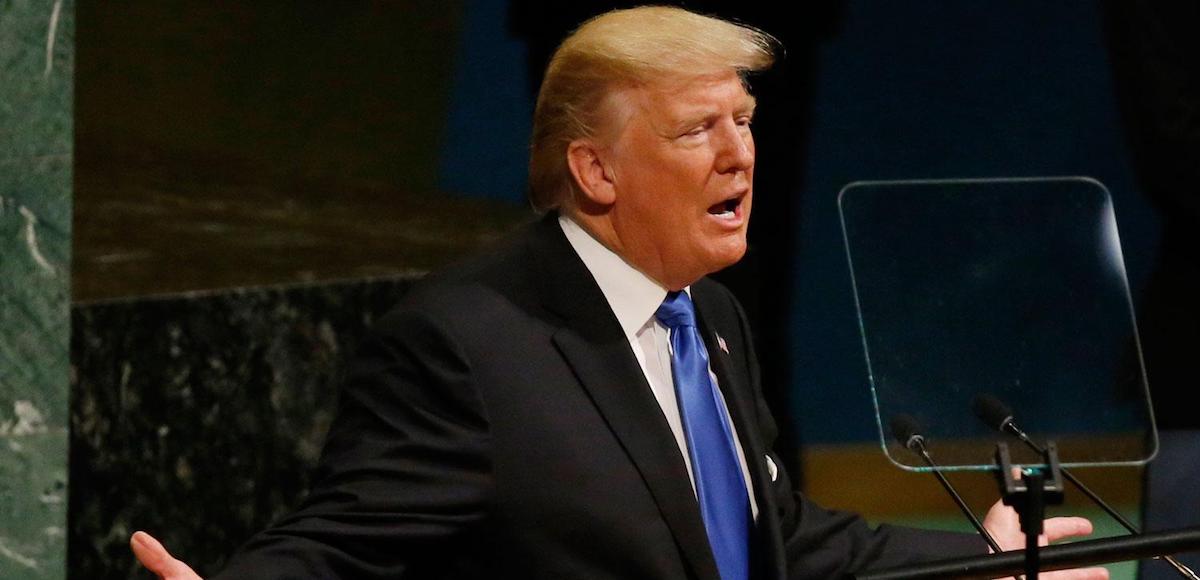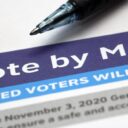

U.S. President Donald Trump addresses the 72nd United Nations General Assembly at U.N. headquarters in New York, U.S., September 19, 2017. (Photo: Reuters)
American voters agree with President Donald Trump when he stressed burden sharing in his first speech to the United Nations General Assembly, a new poll finds. On Tuesday, President Trump told more than 150 international delegations they should no longer expect hollow demands for a good return on their investment in the UN.
“The United States will forever be a great friend to the world and especially to its allies,” he said. “But we can no longer enter into a one-sided deal where the U.S. gets nothing in return.”
A new Rasmussen Reports survey finds just 29% of American voters believe U.S. taxpayers are “getting a good return on their investment,” while a 44% plurality do not. While that compares to 22% and 55%, respectively, measured last October, a solid 27% are now not sure.
The U.S. is far and away the largest provider of financial contributions to the UN. In 2015, the U.S. provided 22% of the UN budget and 28% of the peacekeeping budget. Meanwhile, China pays just 8% and Russia pays around 3%. The disparity gives the U.S. great leverage over the UN, which past presidents have been hesitant to use.
Just 36% of likely voters think the U.S. should continue to give more money to the UN than any other country in the world, while 46% do not agree. Men are slightly less likely (45%) than woman (47%) to say the U.S. shouldn’t give more money, while women are slightly less likely (32%) than men (39%) to say yes.
Sixty-three percent (63%) of Republicans say no and 50% of Democrats say yes. Unaffiliated voters by a 51% to 33% margin say the U.S. should not continue to give more money to the UN than any other country in the world. Ideologically, the numbers break down a little different.
Sixty-eight percent (68%) of conservatives say the U.S. should not give more to the UN than other nations, but just 42% of moderates and 22% of liberals agree.
President Trump earlier in the year weighed whether the U.S. should dramatically reduce funding for the UN. Voters by a large 50% to 33% margin favored that major cutback.
The survey of 1,000 Likely Voters was conducted on September 18-19, 2017 by Rasmussen Reports. The margin of sampling error is +/- 3 percentage points with a 95% level of confidence.







